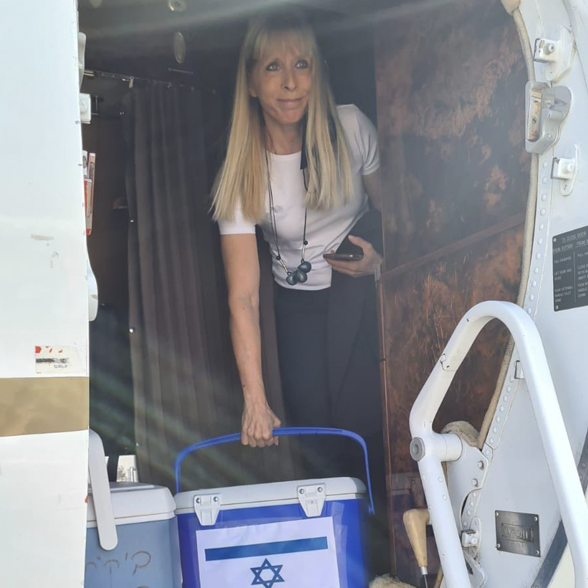
Three Jewish and Arab Families Swapped Kidneys in a Cyclic Exchange and Saved Their Mothers
While it seems division and discord is omnipresent throughout much of the world, a series of kidney transplants reminds us that shared humanity prevails over historical differences.
With the assistance of organ transplant experts in the United States, Israel and the United Arab Emirates, three pairs of kidney donors and recipients saved each other through pay-it-forward surgeries known as a cyclic exchange. While organ exchanges are not uncommon within countries, it is much more difficult and rare between different nations.
A UAE daughter was not a match for her mother, so she volunteered to donate her kidney to a stranger. An Israeli Arab woman was a match for the kidney, so her husband decided to donate his kidney, which saved an Israeli Jewish mother — whose daughter then gave her kidney to the sick mother in UAE.
“I watched the surgeon release the clamps, and the Israeli Jewish kidney came back to life with the blood of the UAE patient,” Dr. Michael Rees, a surgeon and founder of the Alliance for Paired Kidney Donation, told USA Today. “I’ve been around, but really I’m still just a kid from Flint, Michigan. And I can tell you this was a real moment for me.”
Dorry Segev, professor of transplant surgery at Johns Hopkins University, says that this medical success story is an opportunity to open new channels of communication. “Here people not on the same side of the aisle politically or historically were brought together by their love of their family members,” said Segev. “May it happen more.”
Some involved in the cyclic exchange said kidneys donated outside the UAE often generate negative reactions among some Emiratis. However, the UAE donor daughter said the situation was about saving lives. “It did not matter to me at all from which gender, ethnicity, religion or nationality the parties in this exchange would be,” she said.
Image source: USA Today


 Previous
Previous
